Socializing your hunting dog is not just about making them friendly; it’s about preparing them for the wide range of experiences they will encounter in the field. A well-socialized hunting dog is not only a joy to work with but also a more effective partner. They are less likely to be spooked by unexpected sounds or sights and can adapt quickly to changing conditions. In this article, we’ll talk about how to socialize your hunting dog including expert tips.
Understanding the Socialization Window
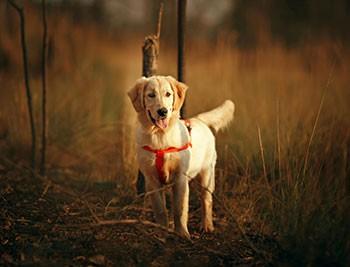
The socialization window is a critical period in a puppy’s life, typically between 3 to 14 weeks of age when their brains are highly receptive to new experiences. During this time, positive exposure to various stimuli can shape their behavior for life. Missing this window can result in a dog that is more fearful, anxious, and challenging to train.
Socialization Techniques
Exposure to Different Environments
Take your dog to different places – from quiet countryside walks to bustling urban settings. This variety helps them become comfortable in any hunting scenario they might encounter. A vivid example of this in action is taking your puppy to a local farmers’ market, where the mixture of smells, sounds, and people provides a rich sensory experience.
Introduction to Various Sounds
Gradually introduce your dog to a range of sounds, starting with lower volumes and increasing over time. This can include thunder, vehicle noises, and the all-important gunshot sounds. For instance, playing a recording of a thunderstorm during quiet playtime can help desensitize them to loud noises in a controlled, safe environment.
“You may put on firework sounds while you’re making coffee, starting with a low volume and increasing it over time,”
Nicole Ellis – How to Train Away Fear of Loud Noises: Sound Desensitization for Dogs
Interaction with Different Animals and People
Allow your dog to meet other dogs, animals, and people, including children, in controlled settings. This teaches them proper social behavior and reduces the likelihood of aggression or fear. Anecdotal evidence suggests that dogs introduced early and often to other animals, especially in a hunting context, exhibit better focus and less prey-driven distraction when on actual hunts.
Socialization Tips for Hunting Dogs
Gradual Introduction to Gunshots
Start with recordings of gunshots played at a low volume and gradually increase the volume over time. Eventually, transition to live gunfire from a distance, reducing the distance as your dog becomes more comfortable. A practical approach might involve starting with a recording of gunshots played during meal times, then transitioning to firing a blank gun in an open field while ensuring the dog is at a comfortable distance.
Field Socialization
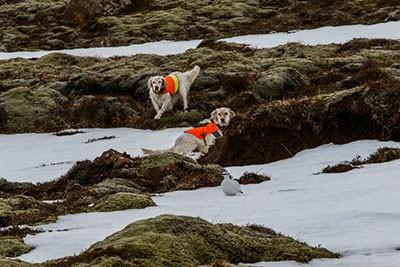
Take your dog to the field as early as possible, even if just to observe. This familiarizes them with the environment, scents, and sounds of hunting. Sharing a story, many seasoned hunters recount the first time they brought their pups to the field, noting how these initial outings laid the groundwork for a lifetime of successful hunts.
Positive Reinforcement Strategies
Use treats, praise, and play to reward your dog for calm and curious behavior in new situations. This encourages them to view new experiences positively. For example, rewarding your dog with their favorite treat after they calmly approach and investigate a new object or sound reinforces their curiosity and bravery.
“ With positive training, the goal is to develop a dog who thinks and works cooperatively with his human as part of a team, rather than a dog who simply obeys commands.”
Pat Miller – Dog Training Using Positive Techniques – Whole Dog Journal
Common Challenges and Solutions
Overcoming Fear of Gunshots
If your dog shows fear of gunshots, revert to quieter sounds and slowly build up their tolerance again. Patience is key. A case study of a hunting dog that initially feared gunshots showed that with gradual exposure and positive reinforcement, the dog was able to overcome its fear and become an enthusiastic hunting companion.
Dealing with Distractions in the Field
Train your dog to focus on commands despite distractions. Start in a quiet environment and gradually introduce more distractions as they improve. Creating a simulated hunting environment with distractions such as the rustling of leaves or the scent of game can help train your dog to stay focused amidst real hunting distractions.
Socializing Adult Hunting Dogs
It’s never too late to socialize an adult dog, though it may take more time and patience. Follow the same principles, adjusting for the dog’s pace and comfort level. Success stories abound of adult hunting dogs who were gradually and successfully introduced to new environments, sounds, and experiences, showcasing the adaptability and resilience of dogs at any age.
Gun Dog Socialization is a Foundation that You Should Build Upon
Socializing your hunting dog or gun dog is a foundational aspect of their training that ensures they are well-prepared for the field. By exposing them to a variety of environments, sounds, and beings, you can help them develop into confident, adaptable, and reliable hunting companions. Remember, socialization is an ongoing process; continue to introduce your dog to new experiences throughout their life to maintain their adaptability and mental sharpness.
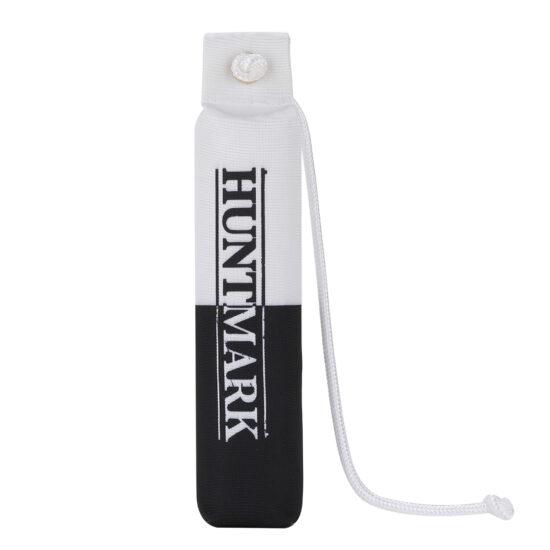
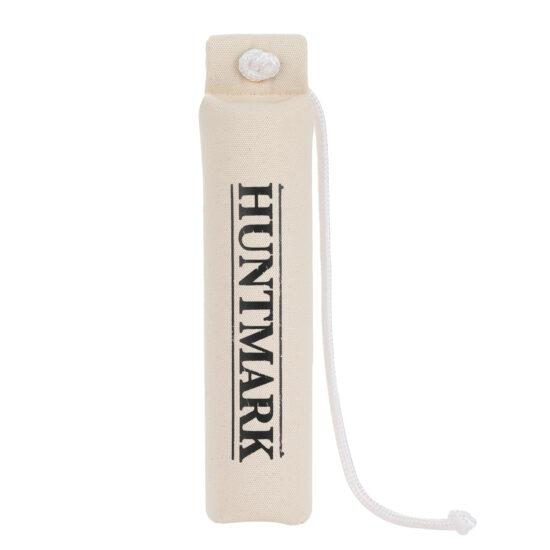
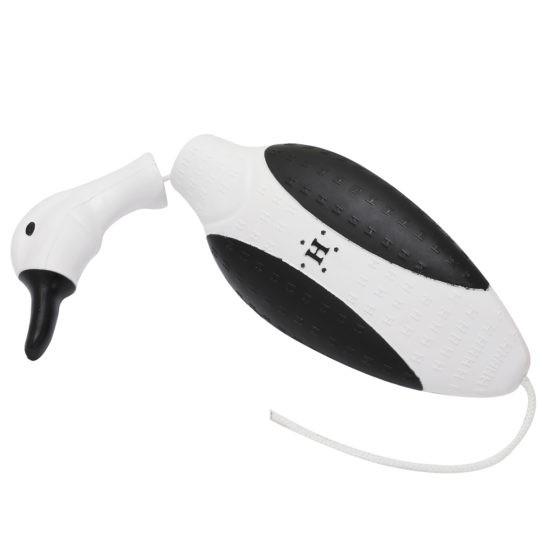




Leave a Reply